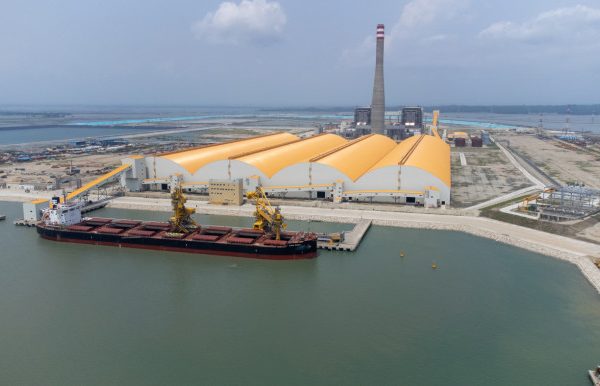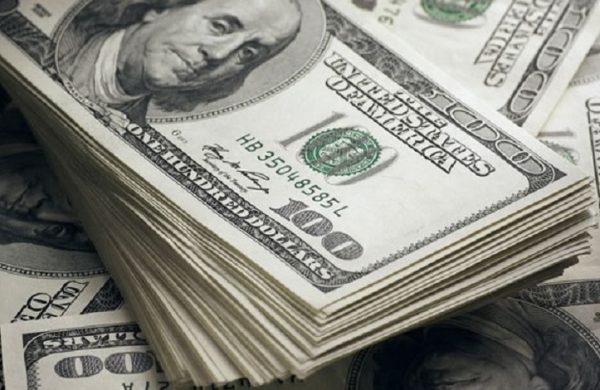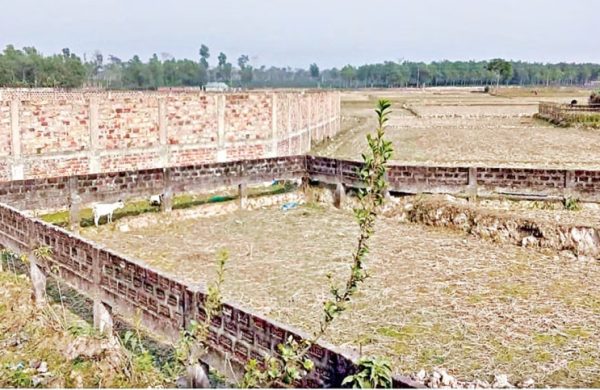Matarbari power tariff set to be Tk8.45 per unit – 60pc lower than Rampal
- Update Time : Sunday, April 20, 2025

Staff Correspondent:
In a major breakthrough in bulk power tariff restructuring, the Bangladesh Power Development Board (BPDB) has managed to bring down the per-unit cost of electricity from the 1,200MW Matarbari Ultra Super Critical Coal-Fired Power Plant by around 60.60% compared to that of the 1,320MW Rampal Power Plant.
Through negotiation, the BPDB finalised the tariff structure with the Coal Power Generation Company of Bangladesh Ltd (CPGCBL), the parent company of the Matarbari plant, setting the per-unit electricity cost at Tk8.45 — which is Tk5.12 lower than the Rampal power plant’s rate of Tk13.57.
In the 2022–23 fiscal year, BPDB reported that electricity from the 1,320MW Payra power plant cost Tk12 per unit. In comparison, power from the Matarbari power plant is 42% cheaper than that from both the Payra and SS power plants.
To finalise the tariff for the Matarbari power plant, the Power Division has sent the proposal to the Cabinet Committee on Government Purchase (CCGP) and is now awaiting its review at the upcoming meeting, according to officials.
Power and Energy Advisor Muhammad Fouzul Kabir Khan told journalist “We have set the tariff for the Matarbari power plant at Tk8.45, which is significantly lower than other coal-based power plants. The new tariff structure is expected to be approved soon.”
GOVT MULLS TARIFF RENEGOTIATION WITH OTHER COAL-BASED PLANTS
With the Matarbari power plant now serving as a benchmark in the coal-fired power plant category, the Power Division is preparing to renegotiate tariffs with other coal-based plants, including SS Power (owned by S Alam Group), Rampal, Payra, India’s Adani, and others.
Officials say the key argument for renegotiation is: if Matarbari can produce electricity at a cost of Tk8.45 per unit, why can’t other plants do the same?
“The tariff structure of the Matarbari plant will serve as the benchmark for discussions,” said Fouzul Kabir Khan. “Without a clear reference point, we can’t properly address the need for restructuring. We don’t want to appear as though we’re arbitrarily imposing decisions,” he added.
Electricity purchased from other coal-based plants currently costs between Tk12 and Tk14 per unit, according to Power Division officials.
In the meantime, due to the absence of an approved tariff structure for Matarbari, the BPDB is only making payments to the CPGCBL to cover coal import expenses. Once the tariff is approved by the purchase committee, the BPDB will clear its dues to CPGCBL for electricity supplied from the Matarbari plant.
When asked about the tariff, BPDB Chairman Md Rezual Karim said, “We are currently providing a lump-sum amount to cover coal imports for the Matarbari power plant. Once the tariff is approved, we will settle CPGCBL’s outstanding bills at the agreed rate.”
He added, “What we are paying now is lower than the fixed tariff. The payments are solely to cover coal import costs and keep the plant operational. We will settle the dues after calculating the amount of electricity we’ve received from the plant so far.”
During the Engineering, Procurement, and Construction (EPC) contract phase, many had raised concerns that the Matarbari tariff might reach as high as Tk13 per unit due to repeated project delays.
“We adopted a cost-effective approach in the power sector,” said Karim. “We analysed the actual costs of the Matarbari plant and designed a tariff structure based on those findings, keeping government subsidies to a minimum.”


















